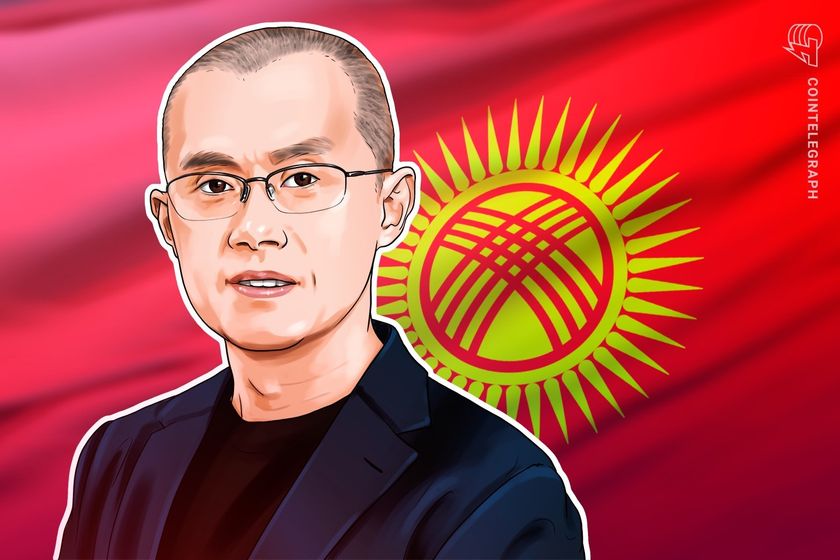

US Securities and Exchange Commission staff have given guidance on how federal securities laws could apply to crypto, saying companies issuing or dealing with tokens that could be securities should give better details about their business.
The SEC’s Division of Corporation Finance said in a staff statement on April 10 that it was giving its views “to provide greater clarity on the application of the federal securities laws to crypto assets.”
The Division said its statement was made of observations of disclosures given in existing disclosure requirements and “addresses our views about certain specific disclosure questions that market participants have presented to the staff.”
The guidance, which the Division noted had “no legal force or effect,” said crypto companies who are giving disclosures about their business have typically shared a host of information about their operations, such as what the company specifically does, how any issued tokens work and how the business generates — or intends to generate — revenue.
Companies have also disclosed whether they plan to remain engaged in a crypto network or app after they launch it and, if not, whether any other entities will take over.
Crypto firms should also explain their technology, such as if their product is a proof-of-work or proof-of-stake blockchain, its block size, transaction speed, reward mechanisms, the measures to ensure network security and whether the protocol is open-source or not.
The SEC staff also noted that registration or qualification is not required in connection with crypto offerings that aren’t securities and aren’t part of an investment contract. However, the statement didn’t provide clarity on what digital assets could be securities.
Commercial litigator Joe Carlasare told Cointelegraph the statement was “a welcome and refreshing step toward clearer regulatory guidance.”
“Adhering to the guidelines will help entities not only position themselves more favorably with regulators but also demonstrate a commitment to transparency and credibility,” he said.
Crypto firms should share all risks
The SEC staff statement said that issuers usually clearly disclose risks related to price volatility, network and cybersecurity vulnerabilities, and custody risks, in addition to standard business, operational, legal and regulatory risks.
A “materially complete description” of a security is also typically required from an issuer, which includes the mechanism behind paying dividends, distributions, profit-sharing and voting rights, including how those rights are enforced.
Related: No crypto project has registered with the SEC and ‘lived to tell the tale’ — House committee hearing
It added a company should share if a protocol’s code can be modified, and if so, who can make such changes and whether the smart contracts involved have been subjected to a third-party security audit.
Other disclosures the statement mentioned are whether the token’s supply is fixed and how it was or will be issued along with identifying executives and “significant employees.”
The Division said its guidance intended to build on the SEC’s Crypto Task Force, which is planning to host a series of roundtables with the crypto industry to discuss how it should police crypto trading, custody, tokenization and decentralized finance.
Magazine: SEC’s U-turn on crypto leaves key questions unanswered



